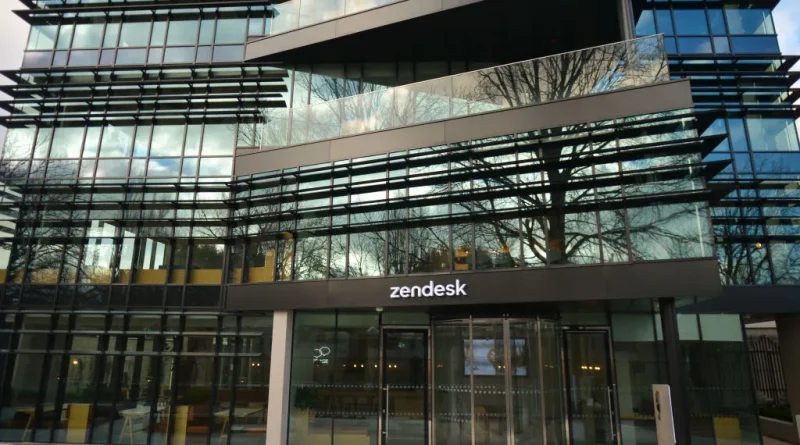Zendesk Asserts Its New AI Agent Can Address 80% of Support Issues
On Wednesday, Zendesk introduced a suite of LLM-driven products during its AI summit, aiming to reduce the company’s reliance on human support agents.
Central to these innovations is an autonomous support agent, which Zendesk expects to resolve 80% of support inquiries independently. This will be complemented by a co-pilot agent that assists human technicians with the remaining 20%, as well as an admin-layer agent, a voice-based agent, and an analytics agent.
Shashi Upadhyay, Zendesk’s president of Product, Engineering, and AI, highlighted that these new agents signify a substantial evolution in the support industry, as AI increasingly takes on roles once held by humans.
“We are progressing toward a future where software is not only designed for human users, but where AI manages the bulk of the workload,” Upadhyay noted in an interview with TechCrunch.
Independent assessments suggest that modern AI models are prepared for this challenge. TAU-bench, which evaluates a model’s capability to utilize tools, involves scenarios reminiscent of general support tasks, such as processing returns. The top model, Claude Sonnet 4.5, successfully resolves 85% of issues in these assessments.
In the wake of a tumultuous investor conflict in 2022, Zendesk has embarked on a series of AI acquisitions, facilitating this transition. The analytics agent launched today is a direct result of the company’s acquisition of Hyperarc, finalized in July. Previous acquisitions include Klaus, which focuses on QA and agent services (acquired in February 2024), and the automation platform Ultimate (acquired the following March).
Zendesk has shared an early preview of the new system with current clients, and Upadhyay reports promising feedback.
Techcrunch event
San Francisco
|
October 27-29, 2025
“Customers utilizing the new system have reported an increase in satisfaction by five to ten points,” he told TechCrunch.
Although large language models have been employed in customer support, their application at Zendesk’s scale is relatively rare. Firms like Airbnb and Regal Theaters have trialed in-house chatbot support, often collaborating with foundational model laboratories. However, these implementations generally focus on information retrieval rather than complex troubleshooting or autonomous decision-making.
If the new AI-driven support initiative succeeds, the economic ramifications could be significant. Zendesk’s Resolution Platform serves nearly 20,000 clients, managing 4.6 billion tickets each year. In the U.S. alone, there are 2.4 million customer service agents, with even larger workforces in other nations.



